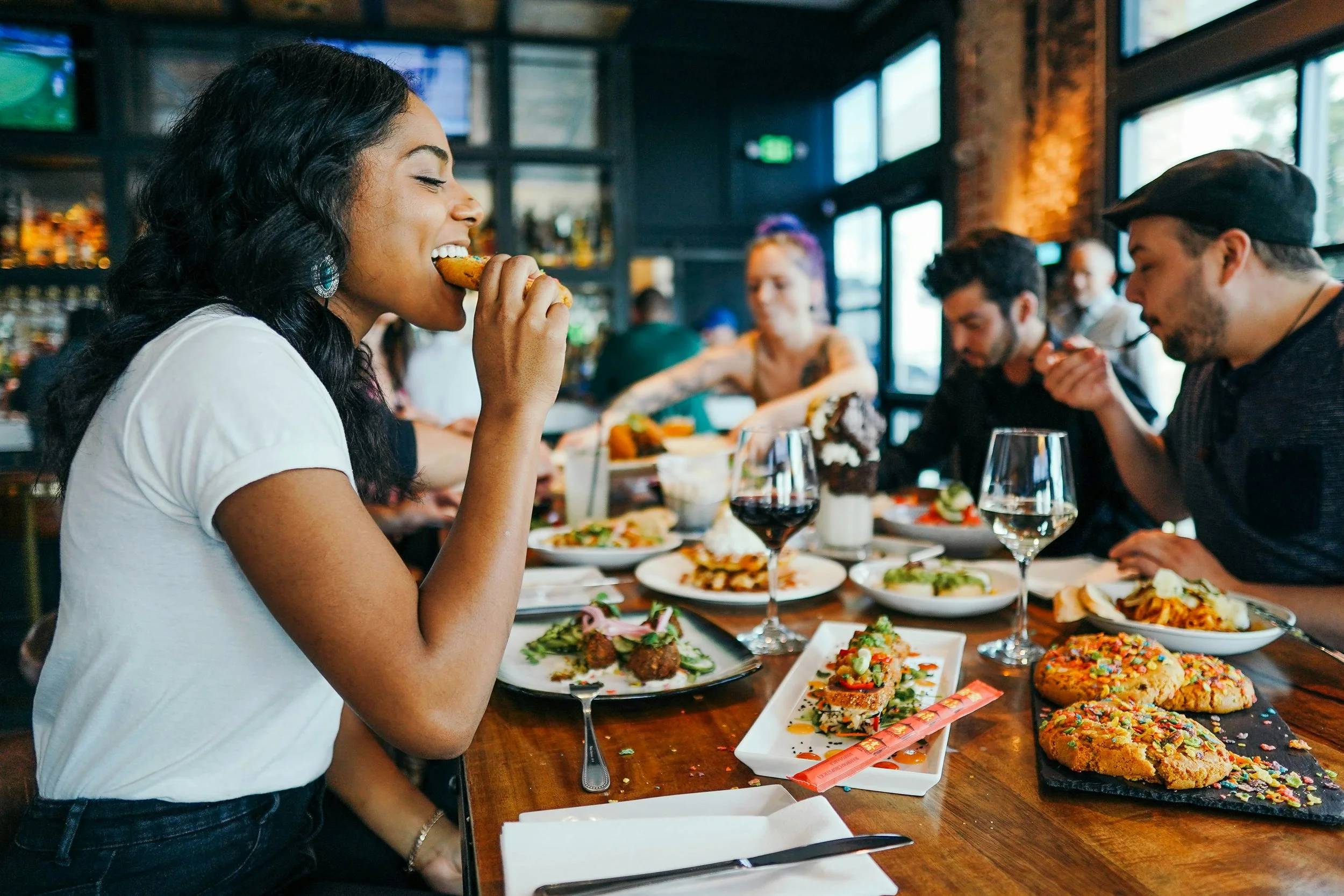Intuitive Eating for Eating Disorders
What is Intuitive Eating?
What is Intuitive Eating?
The term Intuitive Eating was originally coined by Registered Dietitians Evelyn Tribole and Elyse Resch in their 1995 book of the same name, and refers to 10 principles to help guide eating according to one’s internal needs, in order to create a satisfying, trusting, and respectful relationship with food and body.
Individuals who have experienced a lifetime of dieting, and wondering how to eat in a world filled with conflicting eating recommendations, often find Intuitive Eating to be a freeing, peaceful experience that puts them in touch with their innate physical and emotional needs. Those who have struggled with Disordered Eating and Eating Disorders can benefit from Intuitive Eating in the latter stages of recovery, once they have medically stabilized and have more contact with their natural hunger and fullness cues.
What is normal eating?
What is normal eating?
Normal eating is going to the table hungry and eating until you are satisfied.
It is being able to choose food you enjoy and eat it and truly get enough of it.
Normal eating is being able to give some thought to your food selection so you get nutritious food.
Normal eating is giving yourself permission to eat sometimes because you are happy, sad, bored, or just because it feels good.
Normal eating is three meals a day, or four or five, or it can be choosing to munch along the way.
It is leaving some cookies on the plate because you know you can have some again tomorrow, or it is eating more now because they taste so wonderful.
Normal eating is overeating at times and feeling stuffed and uncomfortable. And it can be undereating at times and wishing you had more.
Normal eating is trusting your body to make up for any “mistakes” in eating.
Normal eating takes up some of your time and attention, but keeps its place as only one important area of your life.
In short, normal eating is flexible. It varies in response to your hunger, your schedule, your proximity to [and capacity to obtain] food, and to your feelings.
-Ellyn Satter, MS, RDN
How can Amy help with Intuitive Eating as an Eating Disorder Registered Dietitian Nutritionist?
How can Amy help?
Intuitive Eating challenges popular diet culture by focusing on each individual as unique, with their own complex inner lives and needs. This lens is a cornerstone of Amy’s clinical work, whether or not each of the 10 Intuitive Eating principles are specifically discussed.
Amy finds that helping clients examine what drives their eating patterns, what influences their relationships with food and body, and what informs their food choices all play an integral role in having a more content relationship with each of these elements. Amy helps clients explore what is meaningful to them and uses Intuitive Eating as a guiding principal, if and when it is the right approach based on individual needs and goals.



